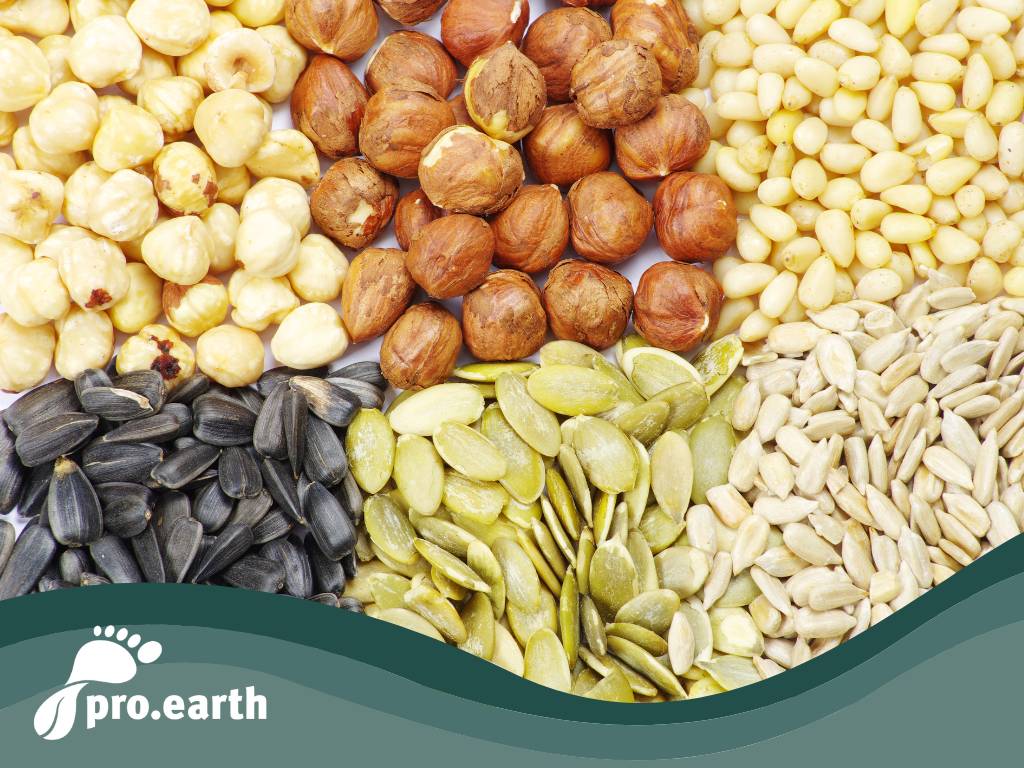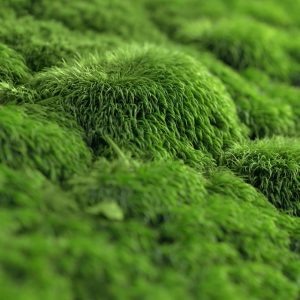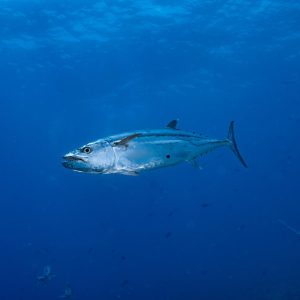Call for diversity-friendly EU seed legislation

Today, ARCHE NOAH is sending an open letter from 38 agricultural and seed organizations from 20 countries to the EU Commission. The topic: the reform of EU seed legislation, i.e. the regulations governing the production and marketing of plant propagating material in the European Union. It is about promoting diversity, enabling breeding in small farms and horticultural businesses and reducing the use of pesticides to make our agriculture more resilient, among other things.
The forthcoming reform will set the rules for the seed market and for the preservation and development of crop diversity for decades to come.
Magdalena Prieler, seed policy advisor for ARCHE NOAH
The open letter is addressed to Frans Timmermans, Vice-President of the European Commission, Stella Kyriakides, Commissioner for Seed Law, Janusz Wojciechowski, Commissioner for Agriculture, Virginijus Sinkevičius, Commissioner for the Environment, and Jutta Urpilainen, Commissioner for International Partnerships. The EU Commission plans to present the proposal for a new seed law on July 5, together with a proposal for the regulation of new genetic engineering (e.g. CRISPR/Cas).
Seeds are the basis of our diet. The seeds that are available to agriculture determine how our fields are cultivated and what food we eatMagdalena Prieler
https://news.pro.earth/2023/02/10/eu-saatgutrecht-soll-klima-und-artenvielfaltkrise-entgegenwirken/
The EU Commission therefore only has five weeks left to clarify the final sticking points of the reform. " The agrochemical industry, which dominates the seed market, is by and large satisfied with the outdated, restrictive regulations because they suppress competition and farmers' seed systems - with devastating consequences for crop diversity and the resilience of our agriculture," explains Magdalena Prieler from ARCHE NOAH. "A seed law that supports us in meeting the immense challenges of the 21st century looks very different.
The undersigned organizations call for framework conditions that enable the preservation of existing crop diversity and implement the right under international law to save, use, exchange and sell one's own seeds. The important "in situ" conservation - the preservation of a variety in the field or in the home garden, which enables the varieties to adapt to changing climatic conditions thanks to regular cultivation - is carried out almost exclusively by farmers and gardeners. However, this work is currently made more difficult by restrictive regulations and in certain cases is forced into illegality. In some EU countries, even the simple exchange of seeds between farmers is prohibited.
The 38 organizations are calling for the tests prior to the approval of new industrial varieties to take place under organic or at least low-input conditions in future in order to promote the breeding of varieties that can grow without the use of chemicals. Market access for "diversity varieties" that deviate from the industry standard should be simplified. Farmers and gardeners also finally need transparency regarding the origin of seeds and possible intellectual property rights.
We expect the EU Commission to come up with a modern, forward-looking legislative proposal for a seed law that takes the loss of diversity and the climate crisis seriously, says Magdalena Prieler.
Further links
Joint letter to the EU Commission: https://www.arche-noah.at/files/joint_letter_reform_of_the_eu_seed_marketing_legislation_may_2023.pdf
German translation of the joint letter: https://www.arche-noah.at/files/gemeinsamer_brief_saatgutrechts-reform_mai_2023.pdf






